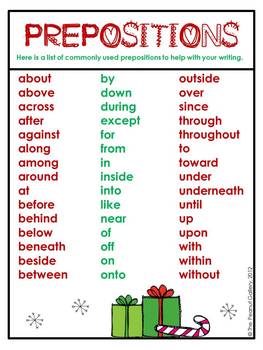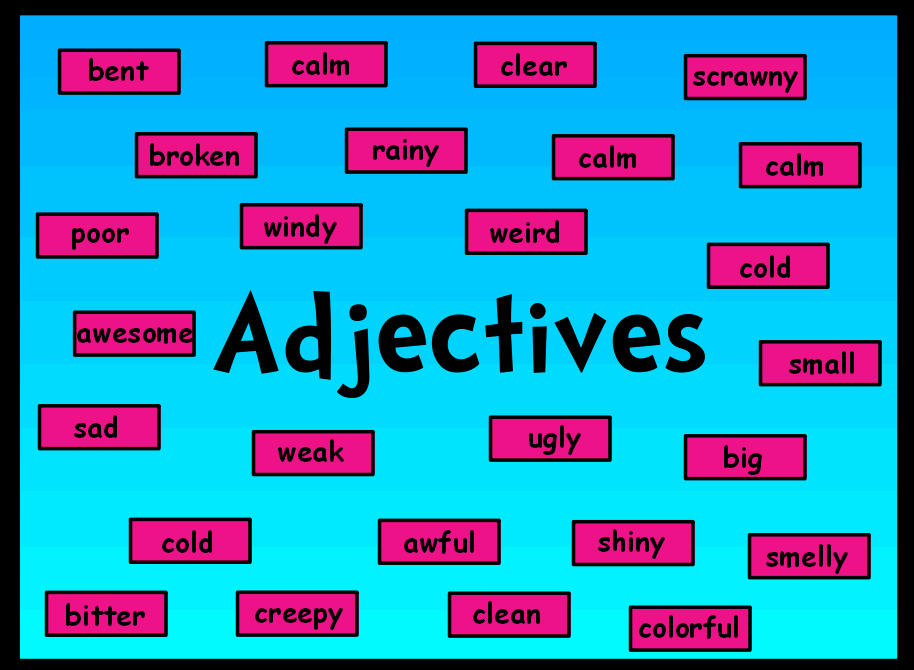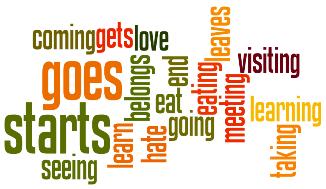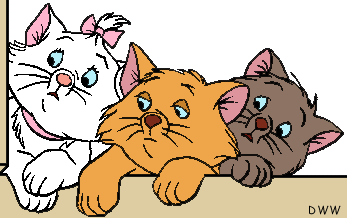Hello guys, welcome back.
preposition means a word which typically goes before
a noun phrase or pronoun as in:
- i had breakfast before going to school
- what did you come for?
here are some examples of prepositions





preposition of place : at, on, in
| at | in | on |
| POINT | ENCLOSED SPACE | SURFACE |
| at the corner | in the garden | on the wall |
| at the bus stop | in London | on the ceiling |
| at the door | in France | on the door |
| at the top of the page | in a box | on the cover |
| at the end of the road | in my pocket | on the floor |
| at the entrance | in my wallet | on the carpet |
| at the crossroads | in a building | on the menu |
| at the front desk | in a car | on a page |
preposition of time : for, since
We use for when we measure time ( minutes, seconds, hours, months, years)
that was all from me, wan ni halimatun saadiah. go go tesl









